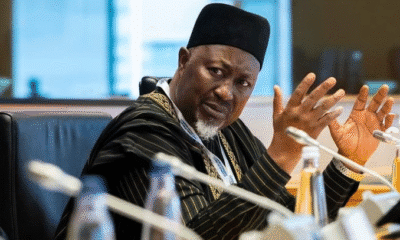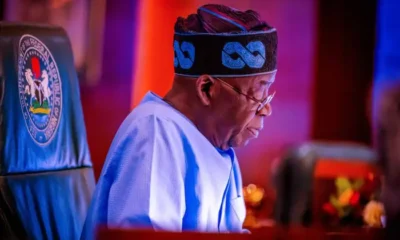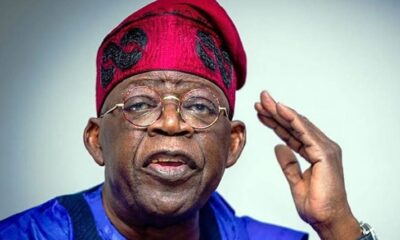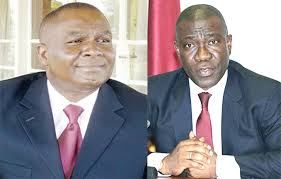Breaking News
Genocide: US President Donald Trump Misunderstood Nigeria’s Situation – Presidency
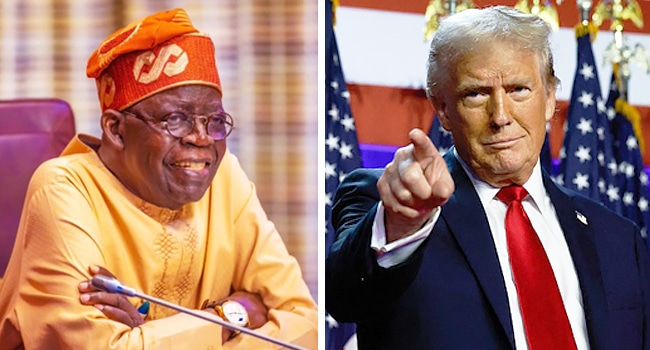
President Bola Tinubu’s Special Adviser on Policy Communication, Daniel Bwala, has said that there might have been a misunderstanding of former United States President Donald Trump’s recent comments alleging genocide in Nigeria.
Bwala, who disclosed plans for a meeting between both leaders, said he believed that once President Tinubu and Trump meet, the misunderstanding will be clarified.
Speaking with the BBC World Service on Sunday, the presidential spokesman dismissed the claim of genocide, describing Nigeria’s situation as a complex but shared security challenge.
“I believe there’s been a misunderstanding of President Donald Trump’s recent remarks. When the leaders eventually meet, I am confident they will have the opportunity to clarify these issues,” Bwala said.
The Special Adviser stressed that contrary to Trump’s statement, no genocide is taking place in Nigeria. He explained that the country continues to grapple with insecurity that affects citizens across religious and ethnic lines.
“There is no genocide taking place in Nigeria; rather, the nation faces serious security challenges that have affected people across all faiths, including Christians,” he said.
Bwala emphasised that the Nigerian government was working with both domestic and international partners to strengthen its response to insecurity.
The presidential aide reaffirmed that Nigeria remains open to collaboration with global allies, especially the United States, in addressing terrorism and banditry. However, he cautioned that such cooperation must respect Nigeria’s sovereignty.
“Nigeria remains a sovereign nation, and while collaboration with international partners in addressing insecurity is welcome, any form of intervention must respect our sovereignty,” Bwala noted.
He warned that any unilateral action by the U.S. without engagement or consent from the Nigerian government would be diplomatically inappropriate.
“It would not be diplomatically appropriate for the United States to take unilateral action without engagement and consent from the Nigerian government,” he added.
Bwala also recalled that during Trump’s first administration, the U.S. played a key role in supporting Nigeria’s counter-terrorism operations through the approval of arms sales and intelligence sharing.
“During President Trump’s first administration, his executive action facilitated the sale of arms to Nigeria to strengthen our fight against insurgency,” he said.
He expressed optimism that an eventual meeting between Tinubu and Trump would help reaffirm Nigeria’s partnership with the U.S. and clear any misconceptions surrounding the current discourse.
Trump had recently declared Nigeria a “country of particular concern,” alleging mass killings of Christians and threatening that the U.S. might “go in guns-a-blazing” if the situation continued.
His comments have since drawn widespread criticism from Nigerian officials and public figures, including Governor Ademola Adeleke and former senator Shehu Sani, who both condemned the rhetoric as inflammatory and disrespectful to Nigeria’s sovereignty.
Bwala’s clarification is the latest in a string of government responses seeking to defuse diplomatic tension and reaffirm Nigeria’s commitment to peaceful international cooperation.
Bwala’s remarks signal the government’s desire to maintain open diplomatic channels while defending Nigeria’s image on the global stage.
With President Tinubu expected to meet Trump soon, the conversation could set the tone for a renewed understanding between both leaders and reinforce Nigeria’s stance on sovereignty, partnership, and shared security responsibility.

